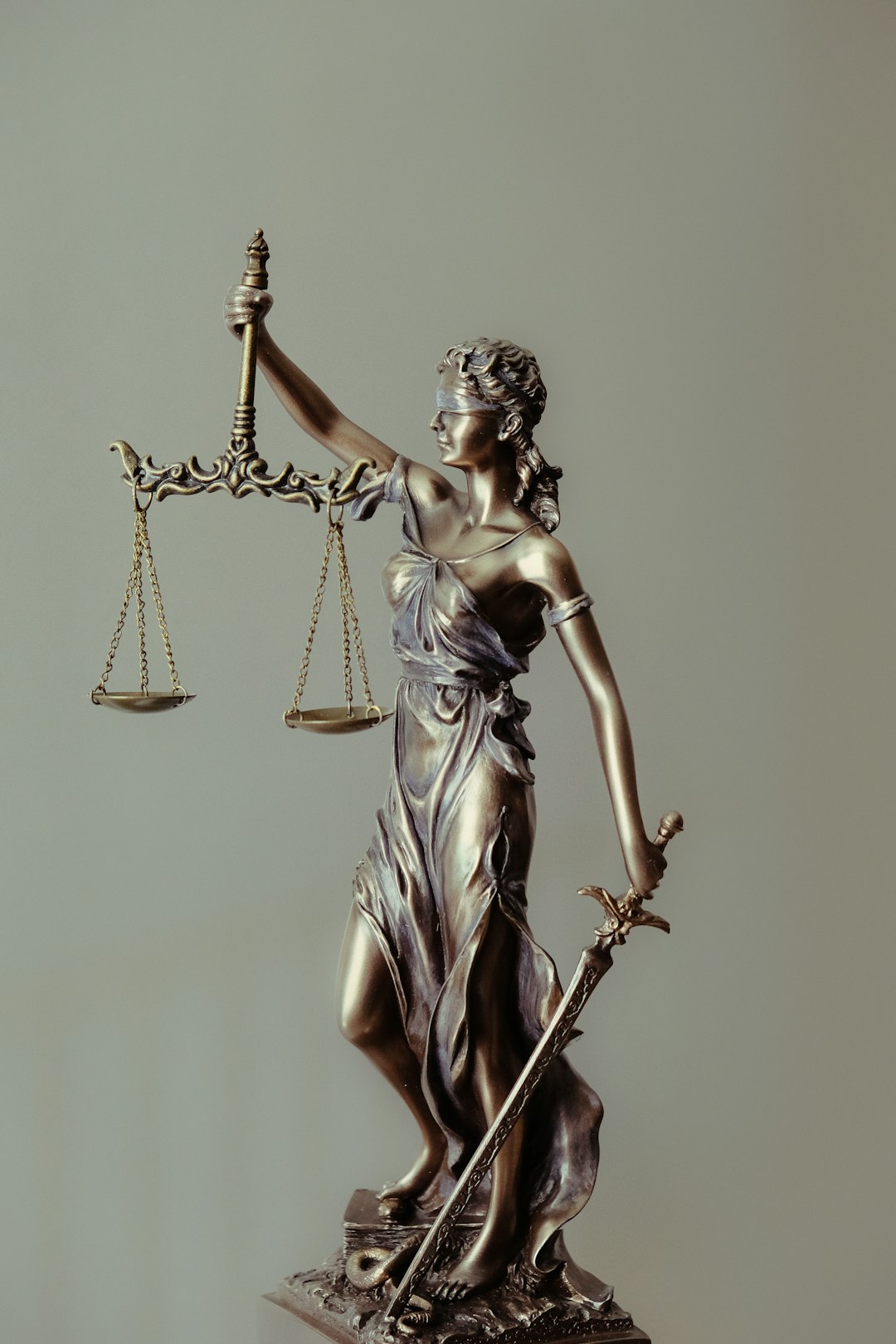San Antonio's autodialer regulations protect residents from unwanted calls but pose compliance challenges for California businesses using automated systems. Autodialer lawyers in California are essential to navigating consent requirements, opt-out rules, and do-not-call lists, avoiding penalties, lawsuits, and maintaining ethical marketing practices. These experts guide companies through complex laws, ensure compliance with CPUC and FCC rules, and foster customer trust. Proactive compliance through best practices recommended by autodialer lawyers California reduces legal risks and enhances privacy protection.
“San Antonio’s Autodialer Regulations and Compliance: A Comprehensive Guide”
In today’s digital landscape, understanding San Antonio’s laws on autodialers is crucial for businesses aiming for regulatory compliance. This article delves into the intricate details of San Antonio’s autodialer regulations, from deciphering complex laws to exploring common violations and penalties. We also highlight the pivotal role played by autodialer lawyers in California, offering expert insights for navigating these legal waters. Learn best practices for adherence and ensure your business stays compliant in this evolving regulatory environment.
Understanding San Antonio's Autodialer Laws
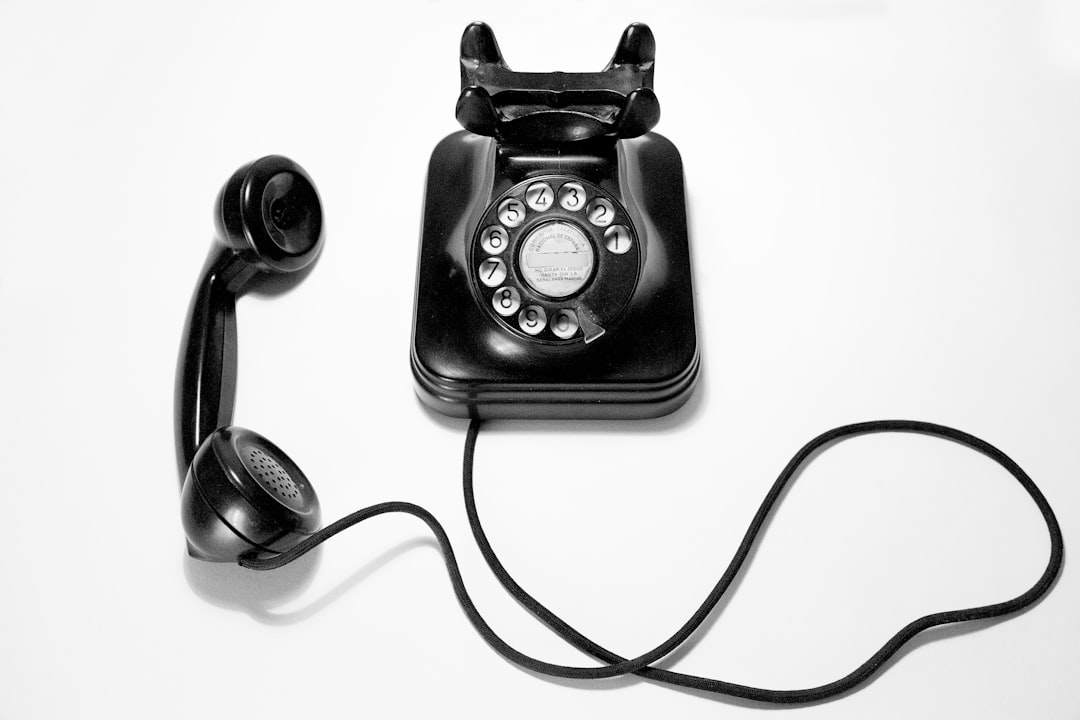
San Antonio’s regulations on autodialers, or automated dialing systems, are designed to protect residents from unwanted phone calls. These laws, often referred to as the Telephone Consumer Protection Act (TCPA), are strictly enforced and have significant penalties for non-compliance. Businesses and organizations using autodialers in California, especially San Antonio, must understand these regulations to ensure they’re adhering to local guidelines.
Autodialer lawyers in California play a crucial role in guiding businesses through this legal landscape. They help clients navigate the complex rules around consent, opt-out requirements, and do-not-call lists. By ensuring compliance, these attorneys protect their clients from costly lawsuits and maintain the integrity of their marketing practices while respecting consumer privacy and preferences.
Compliance Requirements for Businesses
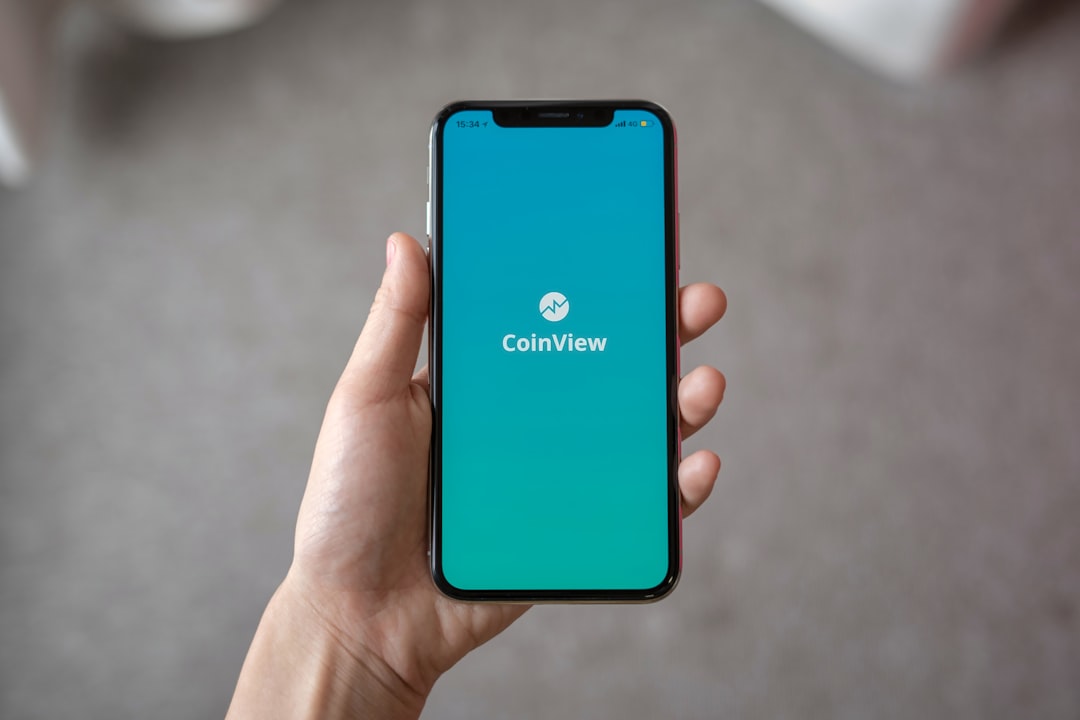
San Antonio’s regulations on autodialers are designed to protect residents from unsolicited calls, but they also present a compliance challenge for businesses leveraging automated dialing systems in California. To stay compliant, companies must first understand the rules governing autodialer usage, which include obtaining explicit consent before making automated calls and providing an opt-out mechanism during each interaction.
Businesses operating within San Antonio’s jurisdiction should consult with autodialer lawyers California to ensure their practices align with these requirements. These legal experts can help navigate the complex landscape of telemarketing laws, ensuring companies avoid costly fines and maintain a positive customer experience by adhering to ethical and legal standards in their marketing efforts.
Common Violations and Penalties

In the realm of San Antonio’s autodialer regulations, common violations often stem from an inadequate understanding of compliance requirements. Businesses, especially those with telemarketing operations, frequently encounter issues such as unauthorized calls, failure to obtain prior consent, and disregard for do-not-call lists. These practices can lead to severe penalties, including substantial fines and legal repercussions.
Autodialer lawyers in California play a pivotal role in guiding businesses towards compliance. They assist in navigating the complex web of regulations, ensuring that companies avoid common pitfalls. By understanding the potential consequences, businesses can stay vigilant, protect themselves from lawsuits, and maintain customer trust. These legal professionals help tailor strategies to prevent violations, thereby fostering ethical marketing practices in San Antonio’s business landscape.
Role of Autodialer Lawyers in California
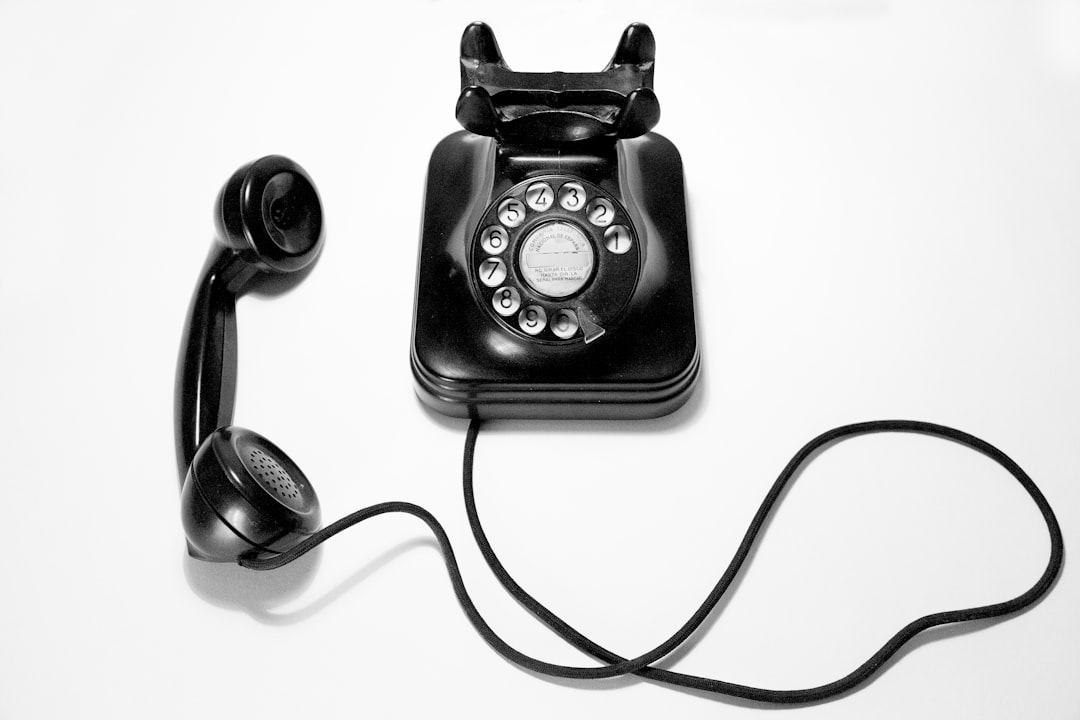
In California, where regulations surrounding autodialers and telemarketing practices are stringent, the role of autodialer lawyers is indispensable. These legal experts specialize in navigating the complex web of laws and guidelines governing automated phone systems used for marketing or communication purposes. They ensure that businesses operating within the state comply with rules set forth by the California Public Utilities Commission (CPUC) and the Federal Communications Commission (FCC).
Autodialer lawyers in California play a pivotal role in guiding clients on issues like consent, do-not-call lists, and privacy rights. They assist in crafting compliance strategies, conduct training sessions for staff to understand legal obligations, and represent businesses in case of disputes or investigations related to autodialer usage. Their expertise is vital for companies aiming to maintain operational integrity while adhering to the stringent legal framework governing automated communication tools in the Golden State.
Best Practices for Regulatory Adherence
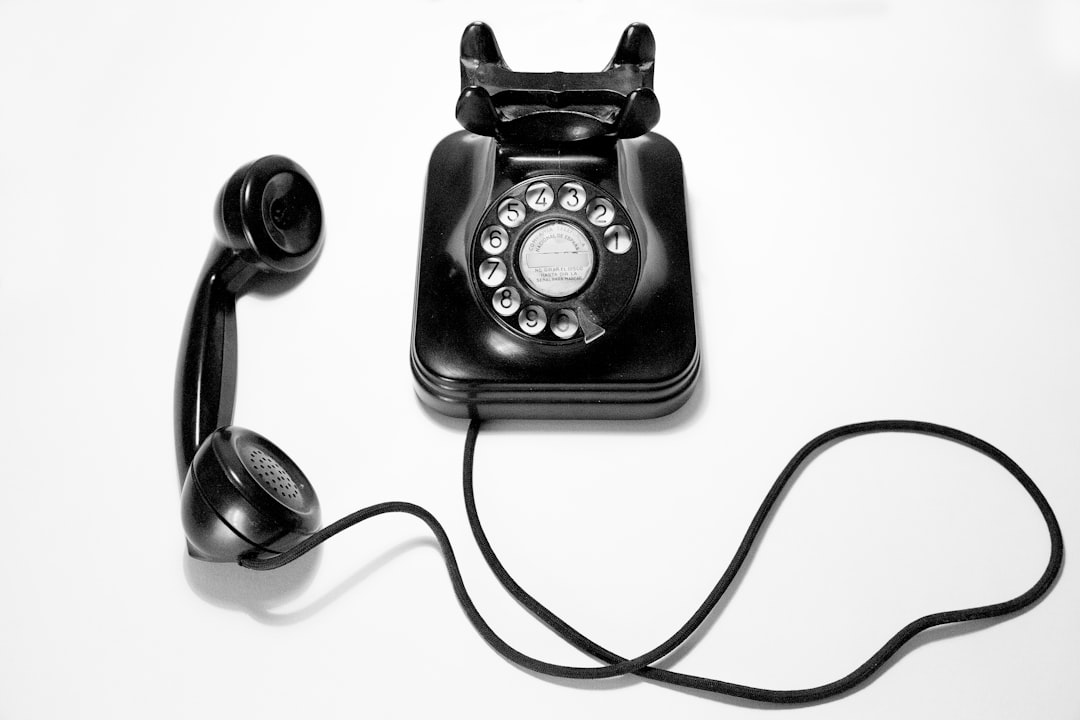
Maintaining compliance with San Antonio’s Autodialer Regulations is paramount for businesses utilizing automated dialing systems. To ensure regulatory adherence, companies should implement best practices recommended by autodialer lawyers California experts. First and foremost, obtain explicit consent from callers before initiating any automated calls, meticulously documenting each step to protect against potential non-compliance claims. Regularly review and update your privacy policies and terms of service to reflect the latest regulations, ensuring transparency in how consumer data is collected, stored, and used.
Additionally, invest in comprehensive training for employees who interact with autodialer systems, emphasizing ethical practices and strict adherence to legal guidelines. Stay informed about legislative changes affecting autodialer usage by subscribing to industry publications and consulting with autodialer lawyers California specialists. Proactive compliance not only minimizes legal risks but also bolsters your company’s reputation as a responsible steward of consumer privacy.





